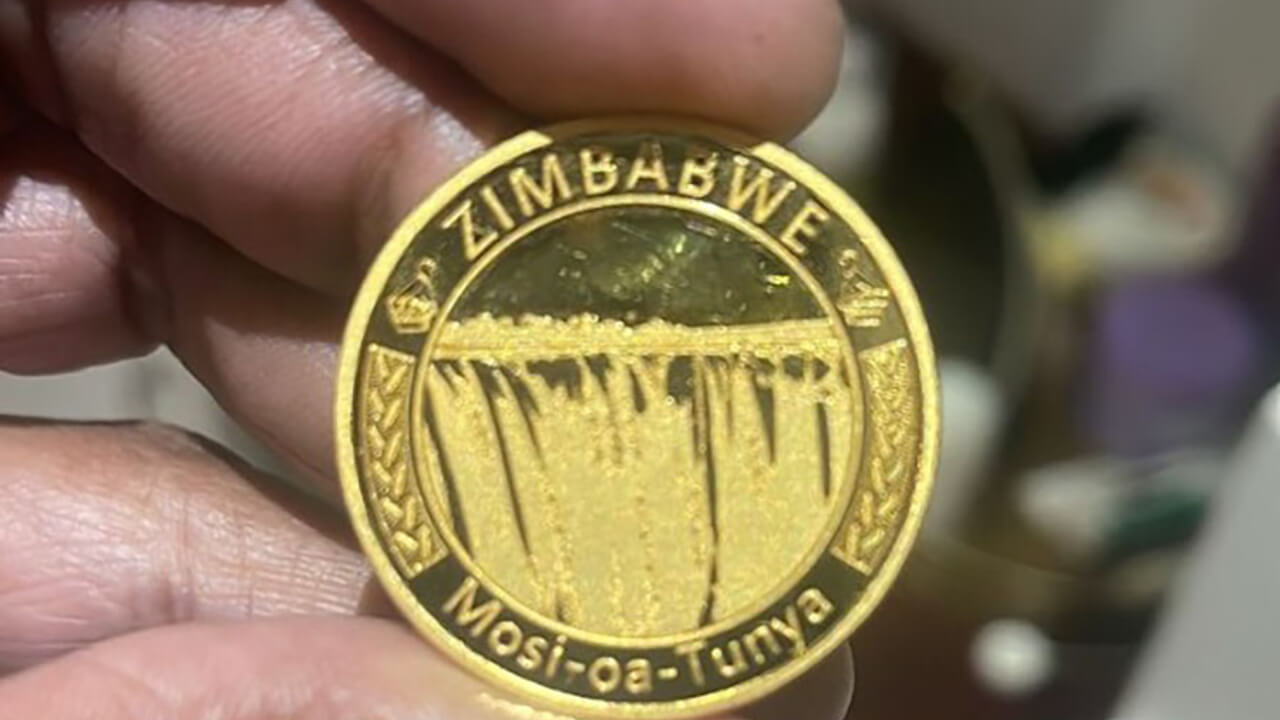Banks demand for digital currency surges
The banking sector says demand for digital currency in the country has been strong since the Reserve Bank of Zimbabwe (RBZ) introduced the token on May 8.
Bankers Association of Zimbabwe (BAZ) chief executive officer (CEO), Fanwell Mutogo, said the market has shown keen interest in the digital currency, seen as a store of value and hedge against currency volatility.
The country is currently experiencing headwinds emanating from inflationary pressures and exchange rate volatility, with the local dollar now trading at $1 888 against the green back on the auction market.
“Actually, we have been pleasantly surprised by the demand for this currency from the banking sector,” said Mutogo during the fifth annual Zimbabwe Debt Conference held in the capital recently.
“This is not a new concept as such, other governments, especially in the EU are using it, and we hope market confidence and trust also grows,” he said.
As of May the 12th, the Bank had received 135 applications, including 132 valued at $14,077,337,421 (US$39m) and three valued at US$810, to purchase gold-backed digital tokens. The full amount was allotted and a second tranche was due to be allocated on May the 18th.
According to the RBZ, the gold-backed digital tokens are being issued to expand the value-preserving instruments available in the economy, enhance divisibility of the investment instruments and widen their access and usage by the public.
In a prospectus, the RBZ added the tokens would be issued for investment purposes with a vesting period of 180 days and redeemable in the same way as the existing physical gold coins. The digital tokens will be available for sale, through banks, in both foreign and local currency.
Banks will create dedicated or specific accounts for the holding of the gold-backed digital tokens (e-gold wallets or e-gold cards).
Holders of physical gold coins, at their discretion, will be able to exchange or convert, through the banking system, the physical gold coins into gold-backed digital tokens.
The digital tokens held in either e-gold wallets or e-gold cards will be tradable and capable of facilitating Person-to-Person (P2P) and Person-to-Business (P2B) transactions and settlement.
“It therefore means that the gold-backed digital tokens would be used both as a means of payment and a store of value,” said the RBZ.
Dzivarasekwa Member of Parliament (MP) Edwin Mushoriwa said while digital currency was a noble idea, Zimbabwe had not done enough research, but taken a reactionary approach to tame the current currency volatility, while confidence issues are also a concern.
“We do not want something that suffers a premature death, which is why it is important to do proper research and engage with all stakeholders. Generally, Zimbabweans feel cheated when it comes to currency reforms,” he said.
Global Renaissance Investments CEO Ngoni Dzirutwe said this development was also in line with international best practice as well as help restore confidence.
“When investors are worried about getting their money, the digital currency becomes handy because it’s a product backed by gold which actually appreciates value.
“We fully support this initiative by the RBZ, it’s the way to go,” he said.
However, experts have said digital currencies are also more powerful in vibrant economies with stable financial markets.
Mutogo said while there was strong demand already, success of the digital currency will be measured in the long term as the current demand might be short lived. The currency has been introduced to mop excess liquidity on the market.
“Maybe people just don’t have a choice right now.”-ebusinessweekly








